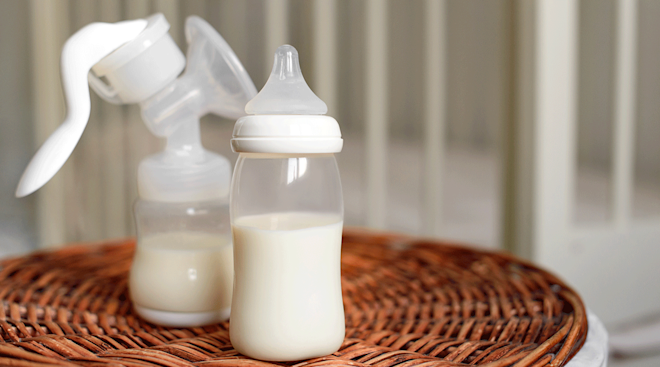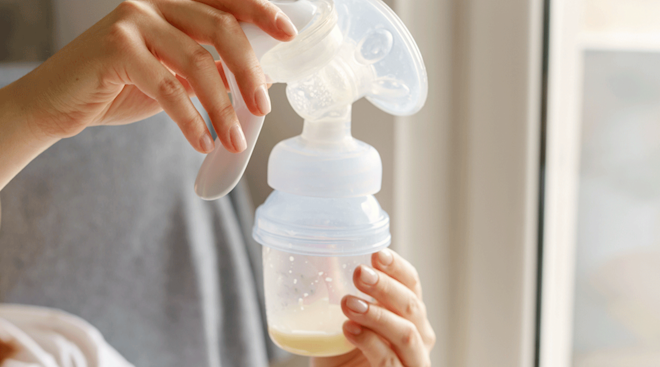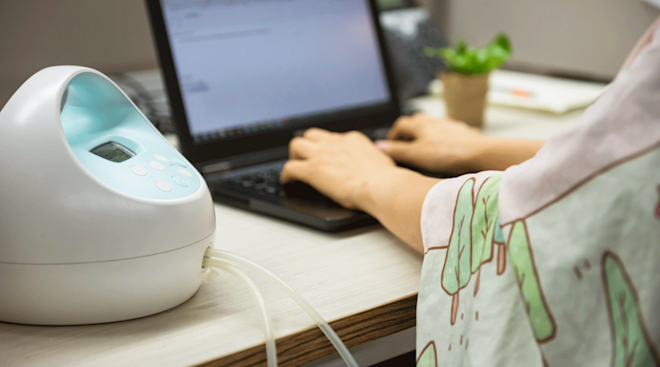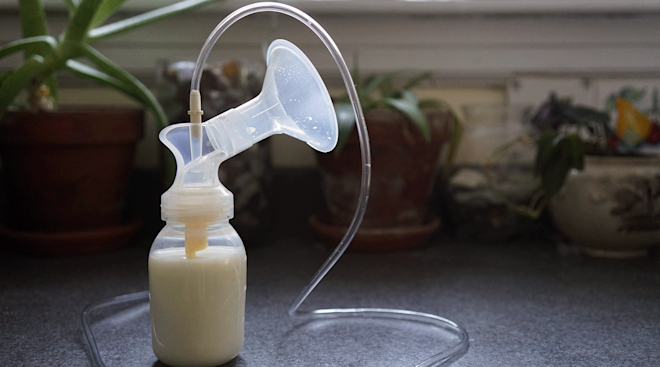Medications and Breastfeeding
When you’re nursing, you’re super-concerned with everything you’re putting in your body, so you’re probably studying the packaging of medications to see what’s okay to take. But labels don’t necessarily tell the whole story, says Thomas W. Hale, RPh, PhD, a professor of pediatrics at Texas Tech University School of Medicine, executive director of the InfantRisk Center and author of Medications & Mother’s Milk: A Manual of Lactational Pharmacology.
“Package prescribing information is almost always wrong,” says Hale. “Pharmaceutical companies usually say, ‘Don’t breastfeed.’” But, he explains, the medication isn’t always harmful to baby — and baby might be getting an extremely small dose of it. Just how much he does get depends on when he’s feeding, how mature your milk is, how often (or how much) your baby is breastfeeding and the makeup of the drug, which affects how much is passed from your body into the milk.
Why you should avoid some medications
The biggest reasons a woman should avoid taking a certain medication while breastfeeding are:
It’s a sedative. These can make baby sleep more deeply and could pose a risk by interfering with baby’s breathing while sleeping. Sedatives include opiates and some cold and allergy medications.
It’s a chemically radioactive substance. This includes medications used to treat certain cancers. Women undergoing these treatments may still be able to pump breast milk in order to feed baby — they just may not be able to hold baby for a while, until all the radioactive materials have left their body.
It could harm your milk supply. Pseudoephedrine (Sudafed) and Clomid (a fertility drug) are two examples of medications that could decrease your milk production.
Medications moms want to know about most
Some of the most common medications breastfeeding mothers ask about, says Hale, are:
Acetaminophen: Acetaminophen (Tylenol) is an over-the-counter pain reliever, and it’s generally considered safe to take while breastfeeding, as long as you’re following the proper dosage instructions.
Amoxicillin: Hale says this antibiotic is okay to take while breastfeeding, simply because it’s okay for babies to have it. “We give amoxicillin to a sick baby at a dose that’s probably 30 times higher than what baby gets from breast milk,” he explains.
Antihistamines: Just because something is sold over the counter doesn’t mean it’s safe to take while breastfeeding. So if you want to take a nonsedating antihistamine like Claritin or Zyrtec, that’s fine, says Hale, but don’t use the antihistamines that could be sedating.
Beta-blockers: Be careful of anything that could have sedative effects, says Hale, such as acebutolol or atenolol. “Metoprolol is quite safe,” says Hale. “It doesn’t ‘like’ breast milk at all.”
Clindamycin: This antibiotic is sometimes prescribed for stubborn mastitis infections. Hale says it’s okay to take and often is the only antibiotic that will clear up a severe case of mastitis.
Oxycodone: Breastfeeding mothers should only take this painkiller if it’s administered with extreme caution. Only very low doses may be administered, and baby must be watched very carefully for adverse effects.
Penicillin: “Penicillin is considered fine for breastfeeding mothers,” says Hale. “But it may cause diarrhea.”
Pseudoephedrine: Look out for this ingredient in your cold medicine. It can cause a drop in milk production.
Zithromax: Also known as azithromycin, this antibiotic is generally considered safe to take while breastfeeding.
Zoloft: Hale says about 15 percent of breastfeeding moms are taking an antidepressant, and Zoloft is considered the best choice by many experts, since not much of the drug passes into mom’s milk.
More medications
Check out our other breastfeeding articles to read more about the following medications:
Acne medication
Allergy medicine
Anti-inflammatory drugs
Antibiotics
Antidepressants
Aspirin
Benadryl
Betaseron
Birth control
Blood pressure medication
Cold medicine
Cortisone
Heartburn medication
Migraine medication
Morning-after pill
Primidone
Proactiv
Prozac
Retin-A
Ritalin
Rocaltrol
Tamiflu
Sleeping pills
Still have questions about medications and breastfeeding?
There’s no way we could possibly cover every drug on the market here. Plus, "There are a lot of subtleties you have to worry about,” says Hale, including the medication, baby’s age and how often he’s feeding. “Unfortunately, doctors aren’t taught this in medical school…and your pharmacist won’t know the answer.”
Luckily, Hale and his team at the InfantRisk Center are available to answer specific questions from breastfeeding moms Monday through Friday, 8 a.m. to 5 p.m. CST. You can contact them at (806) 352-2519. They can help with dosage and ways to keep baby safe while taking a medication.
“Sometimes a mother has to stop breastfeeding for a short time because of a medication,” says Hale. “But for the vast majority of them, we tell them they don’t have to stop.”
Please note: The Bump and the materials and information it contains are not intended to, and do not constitute, medical or other health advice or diagnosis and should not be used as such. You should always consult with a qualified physician or health professional about your specific circumstances.
Navigate forward to interact with the calendar and select a date. Press the question mark key to get the keyboard shortcuts for changing dates.




















































